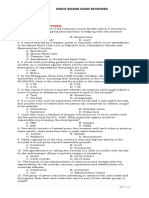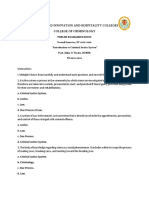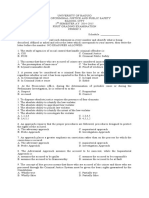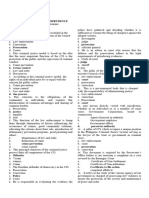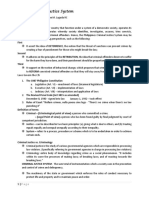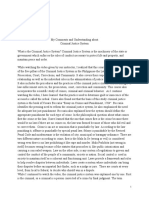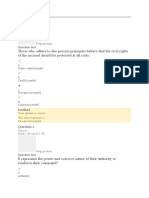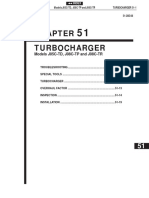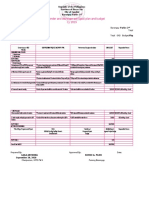0% found this document useful (0 votes)
124 views10 pagesQuestions and Answers CSS102
Uploaded by
marvellousayodele7Copyright
© © All Rights Reserved
We take content rights seriously. If you suspect this is your content, claim it here.
Available Formats
Download as PDF, TXT or read online on Scribd
0% found this document useful (0 votes)
124 views10 pagesQuestions and Answers CSS102
Uploaded by
marvellousayodele7Copyright
© © All Rights Reserved
We take content rights seriously. If you suspect this is your content, claim it here.
Available Formats
Download as PDF, TXT or read online on Scribd
/ 10


























